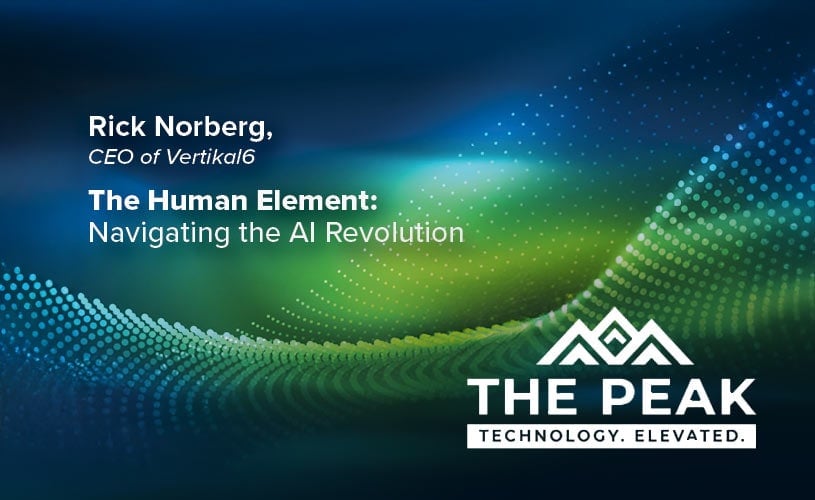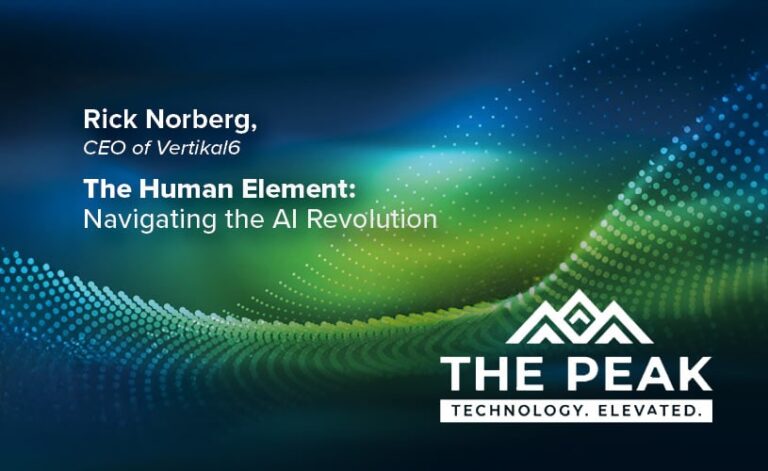The Vantage Point
The name VantagePoint reflects exactly that—a higher ground, where you can see more clearly, think more strategically, and lead with greater confidence. Here we share meaningful insights to give you an elevated perspective on the big themes shaping business and technology—including operational maturity, strategy, innovation, and leadership.
The difference was night and day… we never felt alone,” says EVP Daria D’Ambra D’Ambra
Featured Posts
Introducing vCISO – Executive Cybersecurity Leadership for Your Business Cybersecurity isn’t just an IT concern anymore — it’s a business imperative. The risks are growing:
Is Your Business Ready for AI? Artificial intelligence is making waves across every industry, and many organizations are feeling the pressure to adopt it. But
Tariffs Are Rising — Here’s How We Can Help You Protect Your IT Budget As your trusted technology partner, we wanted to weigh in on
elevate™ Your Business with Our Strategic Technology Solutions Imagine technology that drives your business forward instead of holding it back. With Vertikal6 as your partner,
PROVIDENCE, RI, UNITED STATES, August 14, 2025 /EINPresswire.com/ — Vertikal6, a Rhode Island-based leader in
vCISO Set the Vision — Now Let’s Make AI Work for You Last month, we
Introducing vCISO – Executive Cybersecurity Leadership for Your Business Cybersecurity isn’t just an IT concern
Is Your Business Ready for AI? Artificial intelligence is making waves across every industry, and
Tariffs Are Rising — Here’s How We Can Help You Protect Your IT Budget As
elevate™ Your Business with Our Strategic Technology Solutions Imagine technology that drives your business forward











